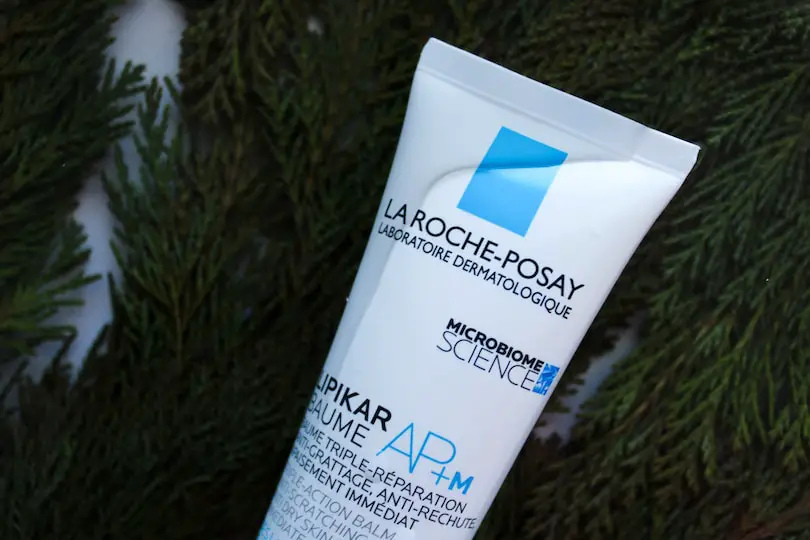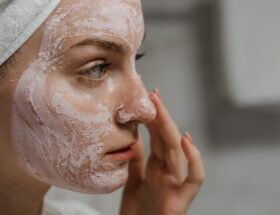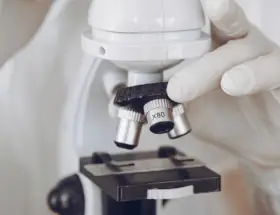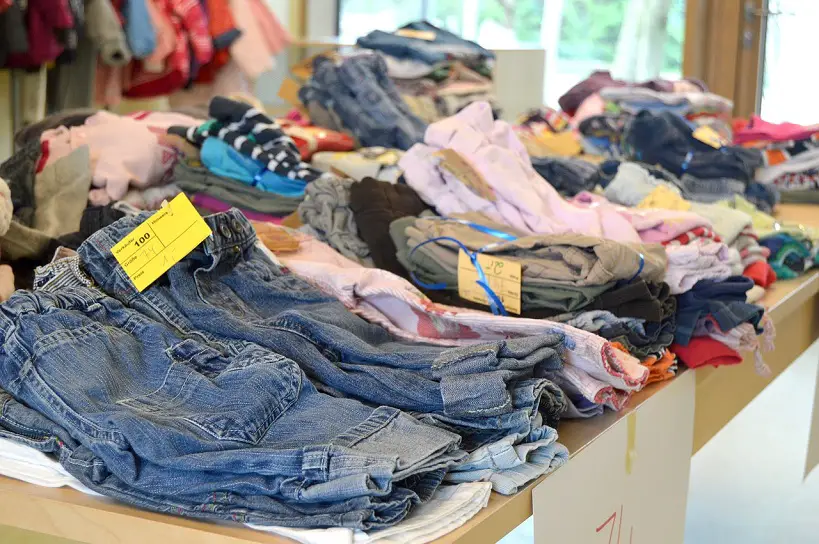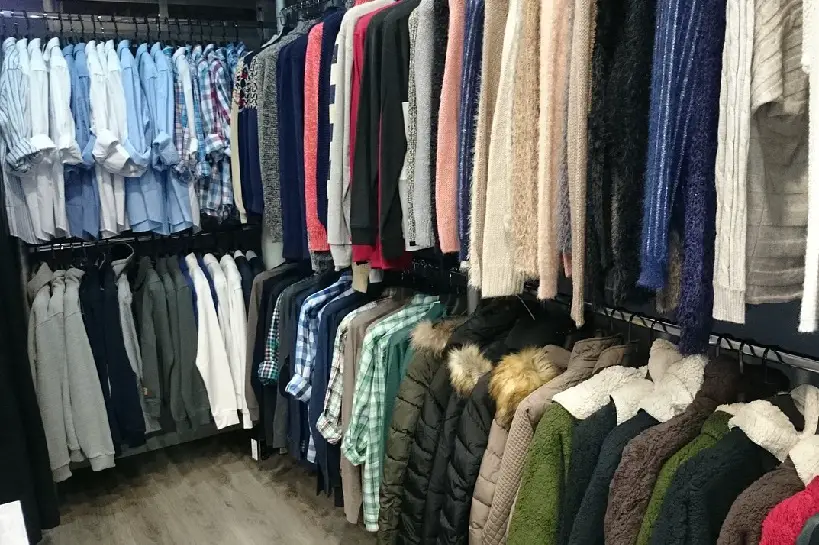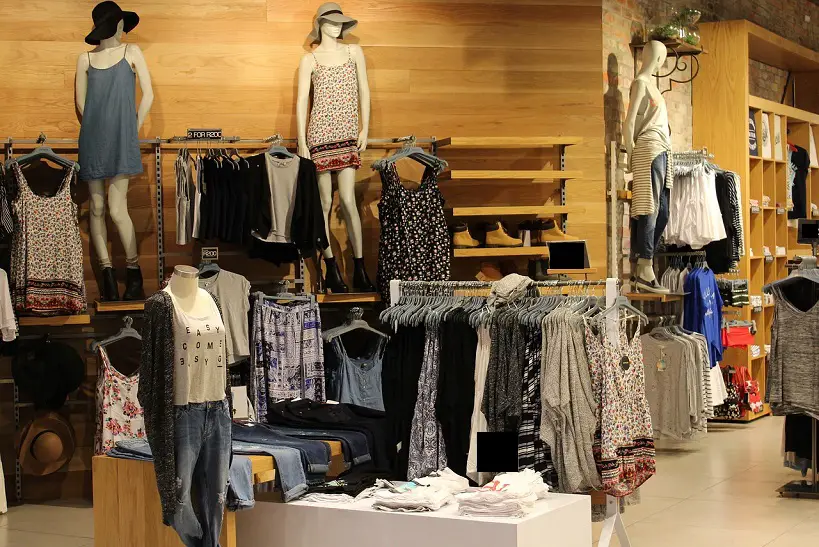The term cruelty-free has gained significant attention and importance in recent years. Consumers are becoming increasingly conscious of the ethical implications and want assurance that their favorite brands do not engage in animal testing.
La Roche-Posay, a well-known skincare brand, is often questioned about its cruelty-free status. Is La Roche Posay cruelty-free? Here, we discuss why this brand may not be on the list of cruelty-free products.
Why Isn’t La Roche Posay Cruelty-free?
Historical Animal Testing
One of the primary reasons La Roche-Posay is not considered cruelty-free is its historical involvement in animal testing. For decades, the cosmetics industry used animal testing to assess the safety and efficacy of products and ingredients. As such, La Roche-Posay, like many other brands, may have experimented on animals.
Parent Company Policies
La Roche-Posay is under the L’Oréal label, one of the largest cosmetics companies in the world. L’Oréal, as a parent company, has a complex relationship with cruelty-free practices. While L’Oréal has made strides to reduce animal testing and invest in alternative testing methods, it has not entirely abandoned animal testing. This association with L’Oréal’s policies impacts La Roche-Posay’s cruelty-free status.
Selling in China
China has a vast consumer market and is a significant player in the cosmetics industry. However, it has historically required mandatory animal testing on imported cosmetics. Previously, companies consented to these tests, which included assessments for potential adverse effects or allergies, to sell products in mainland China.
La Roche-Posay, as a global brand, has faced the dilemma of adhering to Chinese regulatory requirements while striving to maintain a cruelty-free image.
Shifting Industry Standards
The definition of cruelty-free is not standardized across the industry, leading to varying interpretations and claims by brands. Some companies may label themselves cruelty-free even if they engage in animal testing for specific reasons, such as regulatory compliance in certain markets. This inconsistency can make it challenging for consumers to determine whether a brand is cruelty-free genuinely.
The question of whether La Roche-Posay is cruelty-free is a complex one. While the brand may have taken steps to reduce its reliance on animal testing and promote alternative testing methods, its historical involvement in such practices, its association with L’Oréal, and the necessity to meet Chinese regulatory requirements raise doubts among consumers and animal welfare advocates.
As the cosmetics industry evolves and consumer awareness grows, brands like La Roche-Posay may face increasing pressure to adopt cruelty-free practices consistently.

